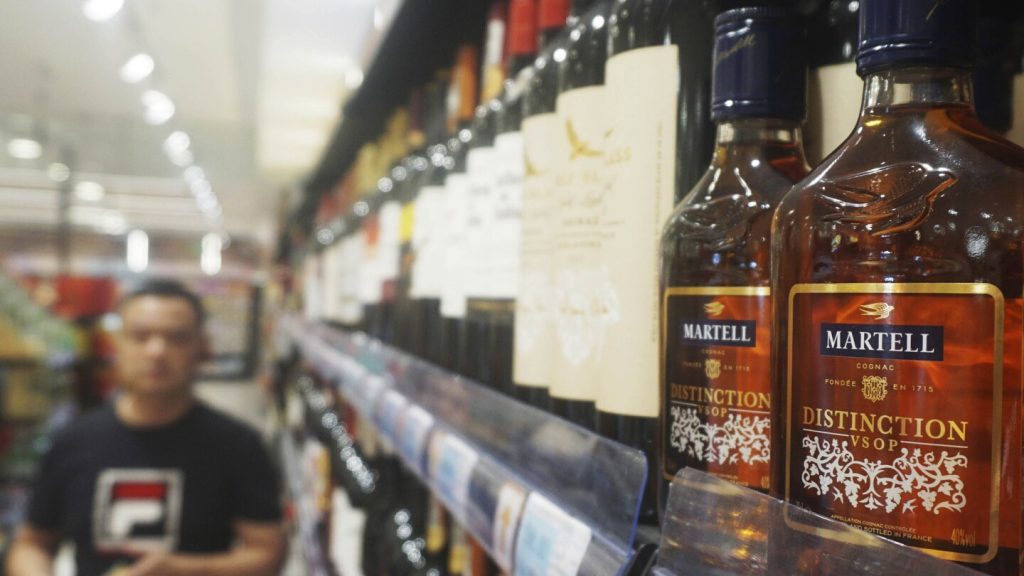China’s decision to impose provisional tariffs on European brandy products, ranging from 30.6% to 39%, has raised concerns about potential price increases for Chinese consumers. This move comes in response to the majority of European Union countries approving duties on electric vehicles made in China. The tit-for-tat action is seen as a way for Chinese negotiators to gain leverage in talks with the EU to reduce or eliminate tariffs on Chinese EVs, which are set to take effect by the end of the month. The brandy tariffs are provisional and importers are required to make a deposit with the Chinese customs agency for the amount of the tariff, starting Friday.
China has initiated anti-dumping investigations into European brandy, pork, and dairy products as the EU continues its year-long investigation into Chinese EV exports. The brandy probe primarily targets French makers of cognac and similar spirits. France has supported the investigation into Chinese-made EVs, while Germany, concerned about potential retaliation in the Chinese market, has opposed it. In addition to brandy, China is also considering raising tariffs on imported cars with large engines, according to a Commerce Ministry spokesperson.
The provisional tariffs on brandy vary by brand, with Martell products facing a 30.6% tariff, Remy Martin facing a 38.1% tariff, and Hennessy facing a 39% tariff. These tariffs affect numerous companies, including Spanish makers. French President Emmanuel Macron gave Chinese leader Xi Jinping two bottles of cognac during Xi’s state visit to France in May, highlighting the significance of brandy in diplomatic exchanges between the two countries. The European Commission has accused China of abusing the rules of world trade and has pledged to support EU producers affected by the tariffs. The commission plans to challenge the move at the World Trade Organization and explore options to help EU producers cope with the impact of the tariffs.
The EU is taking the imposition of tariffs on European brandy by China seriously, calling it a breach of WTO rules. The commission, representing the 27 member countries, vows to challenge the move at the WTO and actively seek ways to support affected EU producers. This response comes as part of ongoing trade tensions between the EU and China over various products, including electric vehicles and agricultural goods. The EU is determined to defend its economic interests and ensure fair trade practices are upheld in the global market. The commission’s statement reflects a commitment to addressing trade disputes through diplomatic channels and international trade organizations.
Overall, the imposition of tariffs on European brandy by China has added to the trade tensions between the two economic powers. Both sides are engaged in negotiations and tit-for-tat actions in response to each other’s trade policies. As the situation evolves, it remains to be seen how these tariffs will impact the prices of brandy for Chinese consumers and how the EU will respond to China’s actions at the WTO. The outcome of these trade disputes will have implications for the broader economic relationship between the EU and China, affecting various industries and sectors on both sides.


